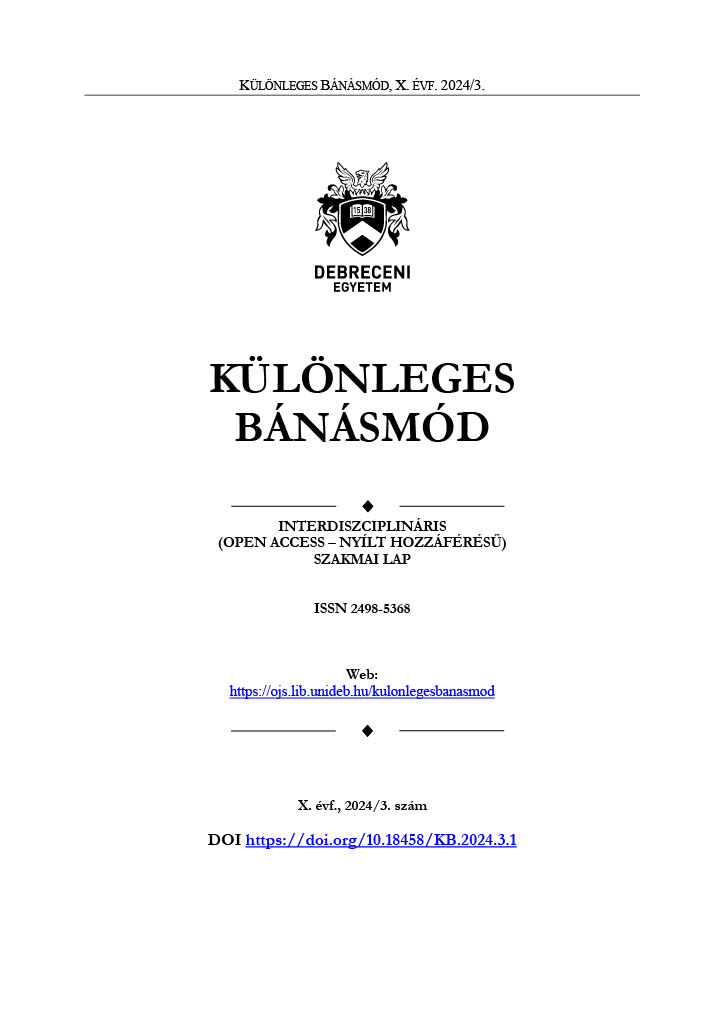Pro-drop in Farsi: A Case Study of Bilingual Speakers
Authors
View
Keywords
License
Copyright (c) 2024 Foroozan Hajian, Vargáné Dr. Nagy Anikó

This work is licensed under a Creative Commons Attribution-NonCommercial-NoDerivatives 4.0 International License.
How To Cite
Abstract
This research is meant to uncover some of the internal grammatical structure of bilingual Farsi speakers who have English as their dominant language. Bilinguals, whose mother tongue is Farsi but whose dominant language is English, are influenced by their dominant language on their mother tongue concerning pro-drop. One of the issues often seen in bilingual speakers of null subject languages is the use of pro-drop in languages such as Hungarian, Japanese, Chinese, Slavic languages, and Arabic. This paper will demonstrate how these bilingual speakers incorrectly use the null subjects in their sentences and in addition, how SEN children i.e. Autism Spectrum Disorder (ASD) understand and use the pronoun-dropping phenomenon. Choosing a null pronoun in the non-dominant language seems unacceptable to some speakers because their dominant language lacks pro-drop; therefore, in certain situations, researchers might say that these bilingual speakers do not sound as fluent in their native language as they do in their dominant language. The main focus of this research is the investigation into the preference of bilingual speakers as well as ASD children of English and Farsi and their use of pro-drop


 https://doi.org/10.18458/KB.2024.3.127
https://doi.org/10.18458/KB.2024.3.127